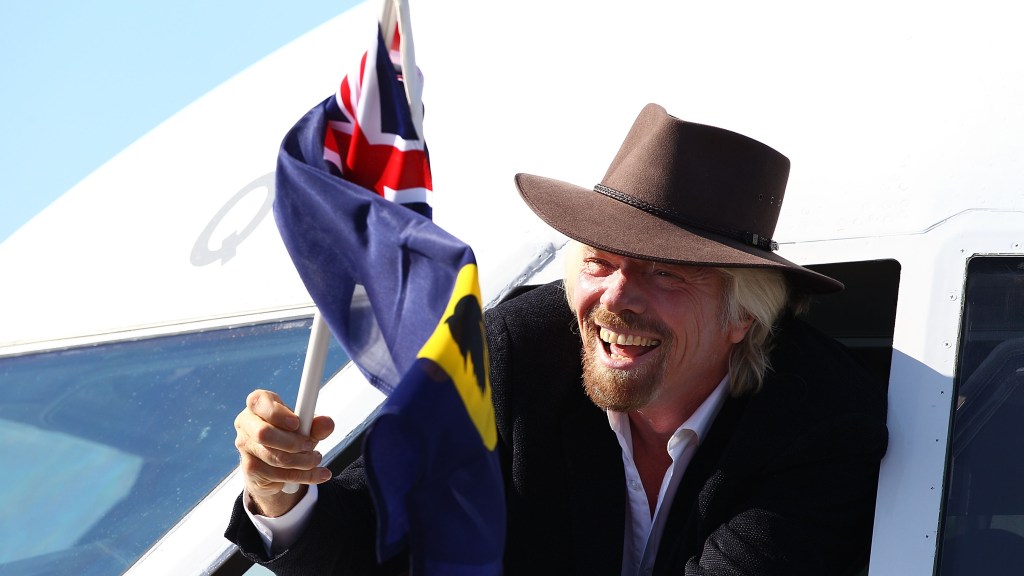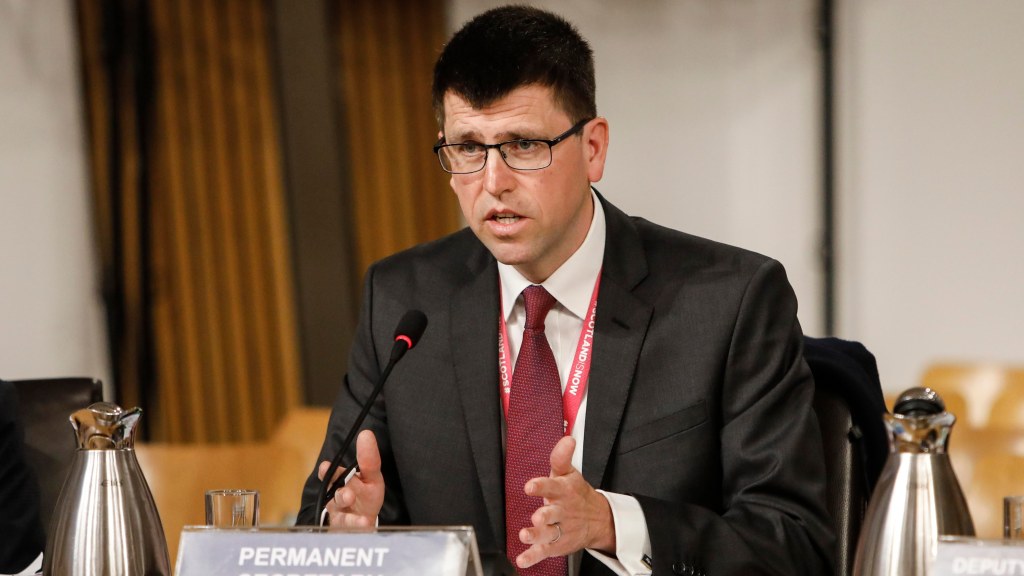Assessing Investment Strategies Amid Rising Global Tensions
Is your investment portfolio prepared for potential conflicts, as suggested by our prime minister? Next Sunday’s G7 summit of major industrialized nations, followed by NATO’s meeting, is expected to spur a boost in global defense spending beyond the £6 billion increase announced last week. Consequently, market trends are responding to escalating military concerns.
While the realities of conflict could bring adverse consequences for many, investors need to focus on their portfolio strategies. Here are three stocks that might offer some resilience in uncertain times.
BAE Systems (stock market ticker: BA.), known previously as British Aerospace, stands to gain significantly if the government’s commitment to funding 12 new nuclear submarines is realized. While this remains uncertain, BAE has a strong track record, having built the UK’s current fleet of Astute class submarines, including HMS Agamemnon, which was launched recently. This vessel was named after Admiral Nelson’s favored ship, constructed nearby on the Isle of Wight.
In terms of personal investment, I transferred BAE stock from a traditional broker in May 2010 at a price of £3.36. Subsequently, I sold my shares in September 2016 at £5.32, particularly after learning about Saudi Arabia’s use of BAE equipment in Yemen.
The invasion of Ukraine prompted a shift in my perspective, leading me to reinvest in BAE at £11.94 and £11.74 per share last January, with shares closing at £19.39 last Friday.
This remarkable gain of over 60% in less than five months has moved BAE into my top ten holdings, surpassing major companies like Microsoft (MSFT) and Adidas (ADS) to become my eighth-most valuable asset.
Setting aside my feelings about the nature of defense companies, it’s a bit disheartening to see BAE, a manufacturer of weaponry, rise above less aggressive firms in my collection. However, with G7 and NATO discussions looming, I anticipate further movement in this area.
Another notable mention is Seraphim Space Investment Trust (SSIT), a niche fund with a focus on European defense spending in space technology. After acquiring shares at 53p last March, they are now trading at 72p.
With ongoing American suggestions that focus is shifting to Asia and that Europe must take more responsibility for its own defense, interest in Seraphim’s holdings has surged. Its chairman, Will Whitehorn, mentioned that almost half of their portfolio, accounting for 78% of its net asset value, addresses the defensive needs of European nations in intelligence, communication, mobility, and cybersecurity.
It’s vital to note that many of Seraphim’s investments are in emerging companies that are still incurring losses, which indicates a high-risk profile for this fund.
On a brighter note, its leading investments include high-tech firms poised to contribute to Europe’s future defense. Iceye, a Finnish-Polish company, leads in the manufacture of micro-satellites with specialized radar capabilities. D-Orbit, based in Italy, produces orbital transfer vehicles that can reposition satellites in space. Lastly, All.Space, located in Reading, specializes in robust military-grade communication systems.
Considering a more diverse and stable option, Boeing (BA) represents a significant player in the aerospace sector, known for its commercial aviation products alongside military aircraft, contributing about one-third of its revenue through defense contracts.
The current U.S. military expenditure is unlikely to decrease soon, especially after Defense Secretary Pete Hegseth’s mention of China’s imminent threat to Taiwan. Taiwan Semiconductor Manufacturing (TSM) is located in Taiwan, a crucial global microchip producer, contrasting sharply with the sizes of the Russian and Ukrainian economies.
While tariffs have impacted Boeing’s export capabilities—especially with China temporarily blocking imports this spring—I feel fortunate to have initially purchased shares at $126 in October 2014. After selling during turbulent times in 2019 for $410 and $397, I reinvested at $139 in November of the last year. As of Friday, shares are valued at $208.
Revisiting the focus on defense, while Starmer has not set a timeline for increasing UK defense spending to 3% of GDP, NATO’s guideline suggests a need for 3.5% by 2035—historically less than half of what was spent in 1964.
While we hope for a de-escalation of tensions, an increase in defense spending seems inevitable, propelling demand for defense-related products and shares.
Concerns Grow as Musk’s Shares Decline
Elon Musk’s remarks concerning Ukraine’s access to Starlink, his satellite communication system, have raised alarms about over-reliance on American technology. The billionaire’s statement implying that Starlink serves as the backbone for Ukraine’s military raised eyebrows, particularly his dismissal of a Polish foreign minister’s concerns.
The scrutiny around Musk comes as Tesla’s stock (TSLA) has fallen 20% this year and as Starlink experienced another setback with a recent rocket failure.
Additionally, near 12% of the Edinburgh Worldwide (EWI) investment trust is tied up in SpaceX, which has seen its stock dip 16% this year, dropping from £2 in January to £1.68 last Friday.
Having acquired EWI shares at £1.52 at the year’s onset and with Musk’s controversies causing concern, it’s become a balancing act. While SpaceX has the potential to revolutionize global internet access through satellite technology, shareholders might prefer discussions focused on profitability rather than Musk’s personal views.
Full disclosure: Ian Cowie’s shareholdings.




Post Comment